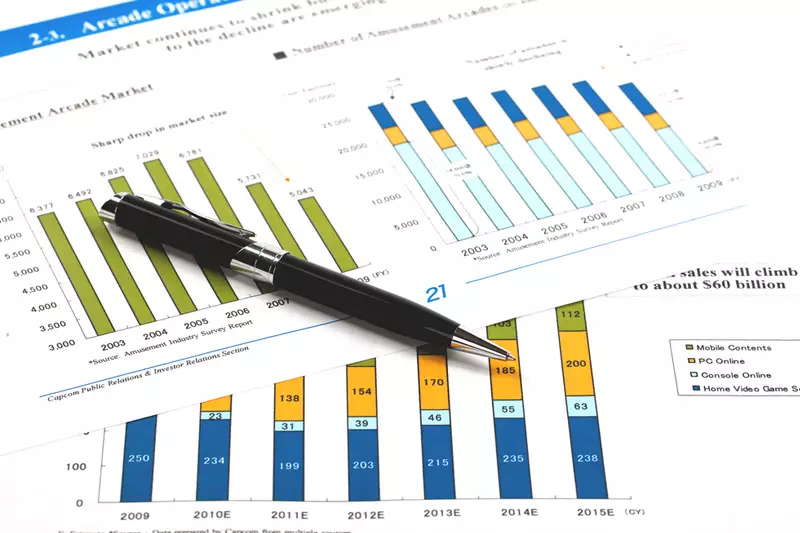The Economic Impact of Geopolitical Tensions: A Spotlight on the Middle East Crisis

In the realm of global finance, geopolitical upheavals invariably incite reactions that ripple across various asset classes. Recently, an Iranian missile attack targeting Israel has intensified concerns surrounding escalated conflicts in the Middle East, prompting investors to gravitate towards safe-haven assets. This knee-jerk reaction resulted in the U.S. dollar witnessing its strongest ascent in a week as investors fled to safety, underscoring the inherent volatility and uncertainty characterizing markets amid international crises.
The dollar’s performance showcased a profound reversal amidst rising tensions, as it sustained a rally that sent ripples through other currencies. Observably, the euro softened slightly, reflecting investor apprehensions not only about the ongoing conflict in the Middle East but also about the implications for the European economy, which could suffer indirect repercussions from regional instability. Both the Australian and New Zealand dollars, tied closely to commodities and international trade, demonstrated slight recoveries after earlier declines, yet they remained tethered by prospects of possible rate cuts and dovish monetary policy outlooks from their respective central banks.
With Iran claiming responsibility for launching more than 180 ballistic missiles towards Israel, the narrative of retaliation becomes a central theme shaping market sentiment. The Iranian Revolutionary Guard Corps framed the missile strikes as necessary responses to Israeli provocations, especially highlighting earlier attacks on militant leaders and related hostilities in Lebanon concerning Hezbollah.
The investor community is now acutely aware of the possibility of retaliation from both Israel and the United States against Iran, raising fears of a broader conflict. Such reactions are reflected in fluctuating oil prices, which are frequently subject to volatility during geopolitical tensions. Analysts from ANZ indicated that forthcoming market moves would greatly rely on Israel’s next steps—whether to target Iran’s military infrastructure directly or to hit its oil industry. The intensity and method of Israel’s retaliation might further exacerbate the situation, leading to ripple effects across global markets.
Interestingly, while some currencies fluctuated, the Swiss franc remained stable, reinforcing its status as a haven during turbulence. In contrast, the British pound experienced minor declines, reflective of its sensitivity to external economic pressures. However, the most notable aspect of the current market landscape is the resilience of the U.S. dollar, which not only benefited from the flight to safety but also showcased strength due to positive indicators from the American labor market.
Despite the focus on Middle Eastern tensions, the market’s sentiments were not strictly negative. Westpac strategist Imre Speizer pointed out that if the situation did not escalate further, it could pave the way for a renewed focus on economic fundamentals. The financial community is inevitably poised between immediate reactions to geopolitical events and longer-term outlooks based on economic data.
As investors keep a watchful eye on international developments, domestic economic reports, such as U.S. private payroll figures, are imminent and serve to inform market sentiment. The confluence of international tensions and domestic economic indicators illustrates the multifaceted challenges confronting policymakers. Furthermore, labor disputes, such as the significant strike by East and Gulf Coast dockworkers—a protest that has not been seen for nearly five decades—complicate the economic landscape, as logistics and supply chains face considerable disruptions.
Speaking of domestic matters, the political sphere has not been devoid of activity, with notable debates unfolding among key U.S. political figures. The muted market reaction following a recent vice presidential debate highlights a potential disconnection between political events and immediate market movements, underscoring that investors may currently prioritize broader economic trends over political outcomes.
The financial markets are at a crucial juncture as they navigate the intricacies of geopolitical crises while paying attention to domestic economic conditions. The ongoing conflict in the Middle East serves as a potent reminder of how intertwined global relations are with financial stability. As uncertainties loom large, market participants are advised to remain vigilant and adaptable, understanding that the interplay between conflict and economic data will shape the trading landscape in the weeks to come.





